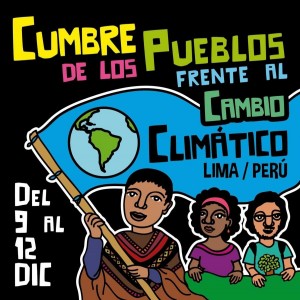
While world leaders from 195 different countries came together in the San Borja district in Lima, not far from the COP20 conference location, the People’s Summit, Cumbre de los Pueblos, will meet at Exposure Park, El Parque de Exposición, from December 9-12, the final three days of the COP20 session. The People’s Summit is an alternative movement to the United Nations Framework Convention on Climate Change (UNFCCC), COP 20.
The People’s Summit, a collective of organizations including NGO’s, unions, indigenous groups, concerned individuals, religious organizations, and other social institutions from all over Peru will meet to discuss global issues concerning the climate and people. Their purpose is to initiate a dialog with the intention of influencing the agenda of the UN’s COP20. Joining the People’s Summit will be the Bolivian President Evo Morales and the Indian author and eco-feminist, Vandana Shiva.
The President of Peru, Ollanta Humala Tasso, and the President-Designate of the COP20, Manuel Pulgar-Vidal, have no doubts that Lima’s COP20 session will be successful in achieving a consensus agreement leading to a draft for the UN global climate initiative. But, whether the message of the People’s Summit will be heard by the UNFCCC is an issue that needs to be addressed.
Pulgar-Vidal announced that December 11th will be a “Day of Climate Action” where citizen representatives, women’s groups, and youth – all of whom are not affiliated with the COP20 – can take the floor of the conference for the day. Will the voice of the People’s Summit and the messages on the Day of Climate Action compel the COP20 to draft reasonable legislation that considers the impact on all people worldwideand our environment?
Why a People’s Summit?
The People’s Summit is an alternative to the UNFCCC wherein the people and organizations involved will draft an alternative model to the current form of sustainable development as proposed by the United Nations. According to the People’s Summit mission statement, the organizers will focus on developing an alternative model that “respects the limits and regenerative capacities of Mother Earth and tackles the structural causes of climate change.”
During the last century until the present, development has focused on economic growth based on the presumption that the Earth is an infinite repository of resources. This ideology and practice has led to the disempowerment of local people and the exploitation of land and resources resulting in an increase of famine and poverty worldwide. These issues are complex and are implicated in economic, political, social and cultural consequences that point to the exploitation of power and people through the guise of sustainable development.
The importance of the COP20’s final draft agreement is critical for the future of the human population and the ecological earth. In recent interviews, Pulgar-Vidal expressed the importance that this conference and the subsequent policy draft holds for the future of the global community. However, there is an important caveat to the UNFCCC agenda.
Indigenous communities and peoples were rarely mentioned in news leading up to the COP20. For example, although Amazonian ecosystems are a topic of conversation at the main UNFCCC conference, the focus is on solutions for the sustainable development of natural resources, to the exclusion of the protection of indigenous rights and lives. Mr. Pulgar-Vidal said in an interview with InfoAmazonia that the notion that “the forest must be cut down to be productive,” remains a pervasive idea in policy discourse.
Agenda of The People’s Summit
The People’s Summit will voice their concerns about the effect climate change poses in Latin America and the Caribbean, both to the surrounding regions and their people. Included in the agenda will be the defense of the Amazon forests, as well as information on rapid glacial melt, depletion of aquifers, and vanishing biodiversity. Other facets of the People’s Summit will encourage social organizations to actively participate in the COP20 in order to understand the current political system’s mechanisms and to mobilize social sectors that are not directly organized around climate change.
The People’s Summit will stress two topics: (1) the harm that climate change poses for food scarcity, and (2) the harm it poses to women. The UN fact sheet “ Women, Gender Equality and Climate Change” outlines the ways that women are the most effected by the negative impacts of climate change. It also discusses how the knowledge women have can contribute to mitigating the effects of, as well as ways of adapting to climate change. For example, essential to community livelihood, women are often responsible for subsistence agriculture of heirloom plant varieties. Subsistence agriculture sustains daily food intake and ensures long-term food security, whereas cash crop agriculture ensures profitability but frequently contributes to climate change.
Can Social Movements Affect The Politics of Global Change?
Recently, the presidents of China and the US came to an agreement to slow down carbon emissions by 2030. This marks a significant shift in discussions by the world powers since the Kyoto Protocol. Did the People’s Climate Change March in New York City help move this agreement forward? Will the People’s Summit in Lima influence the outcome of the COP20?
That outcome remains to be seen. However, the People’s Climate Change March and the People’s Summit are but two of many examples of a growing global consciousness on climate change and an increasing awareness of the consequences of human activity. There is increasing concern by people and social movements about the issues of climate change and human interaction, and their voice is more powerful now than ever before.
______________________________________________________
Links and References:
The People’s Summit: http://grupoperucop20.org.pe/index.php?option=com_content&view=article&id=57&Itemid=224
People’s Summit Mission Statement: http://grupoperucop20.org.pe/index.php?option=com_content&view=article&id=67
InfoAmazonia: http://infoamazonia.org/blog/portugues-ministro-de-meio-ambiente-do-peru-quer-amazonia-na-cop-20/
The UN fact sheet “ Women, Gender Equality and Climate Change” [http://www.un.org/womenwatch/feature/climate_change/downloads/Women_and_Climate_Change_Factsheet.pdf]
Kyoto Protocol: http://unfccc.int/kyoto_protocol/items/2830.php
http://semanaeconomica.com/article/economia/149218-la-cop20-en-lima-por-que-es-clave-esta-cita/

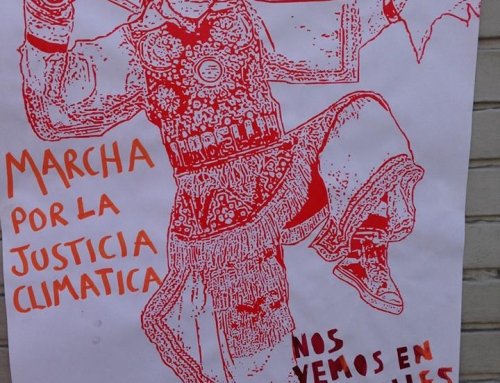
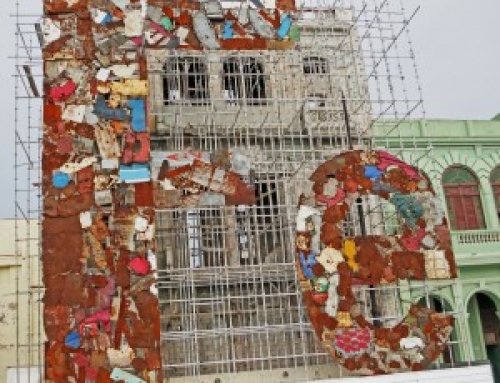
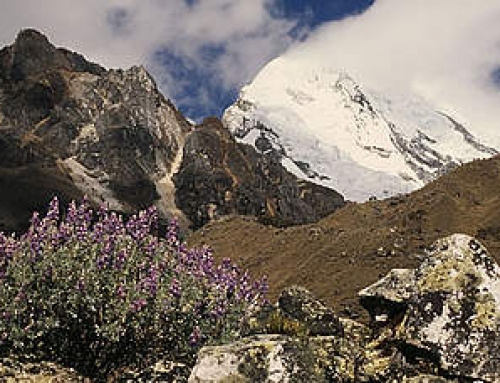
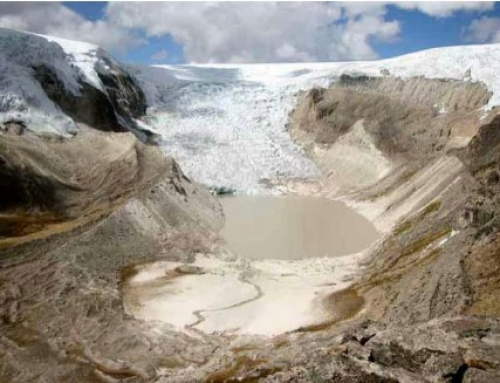
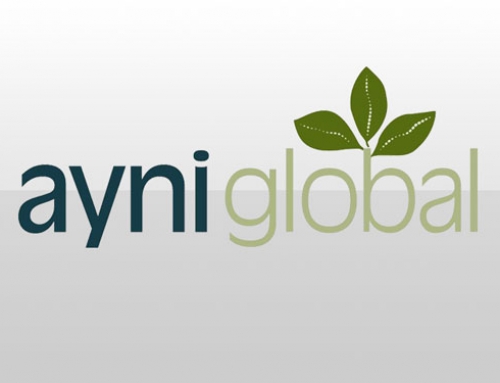
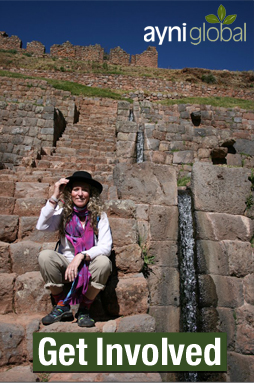
Informed and informative. Environment, nature, and people stood ground in Lima. Thanks for your astute efforts and heart-felt journalism.